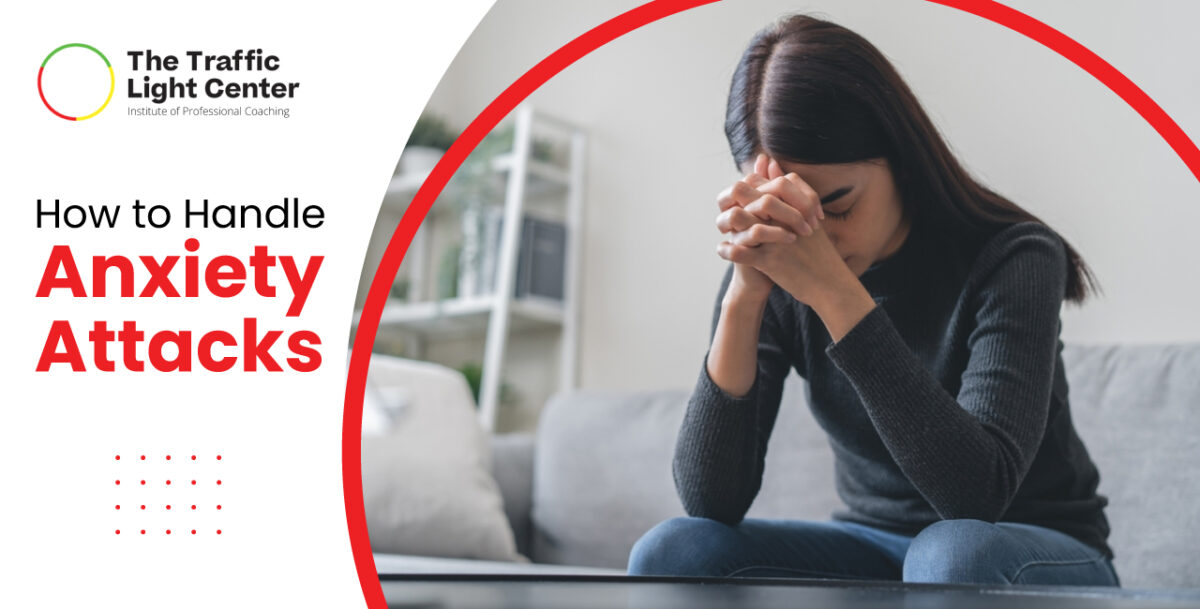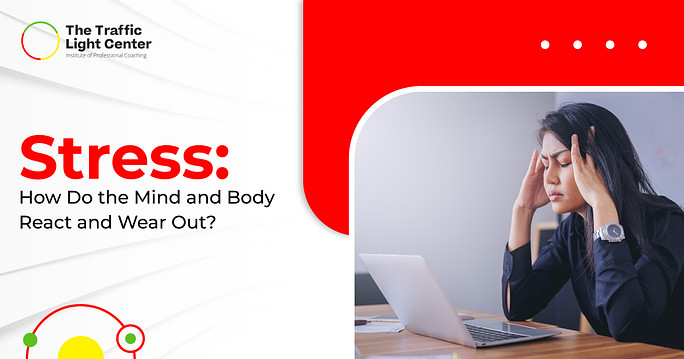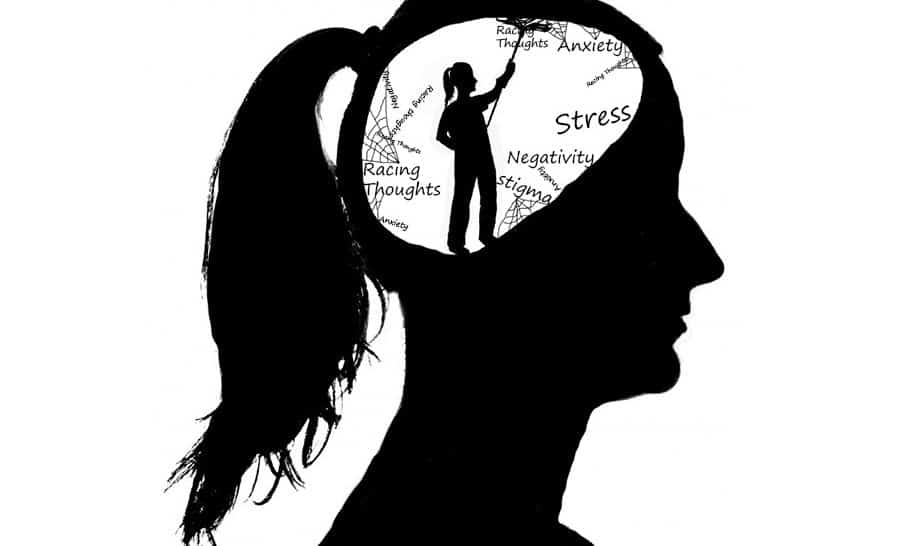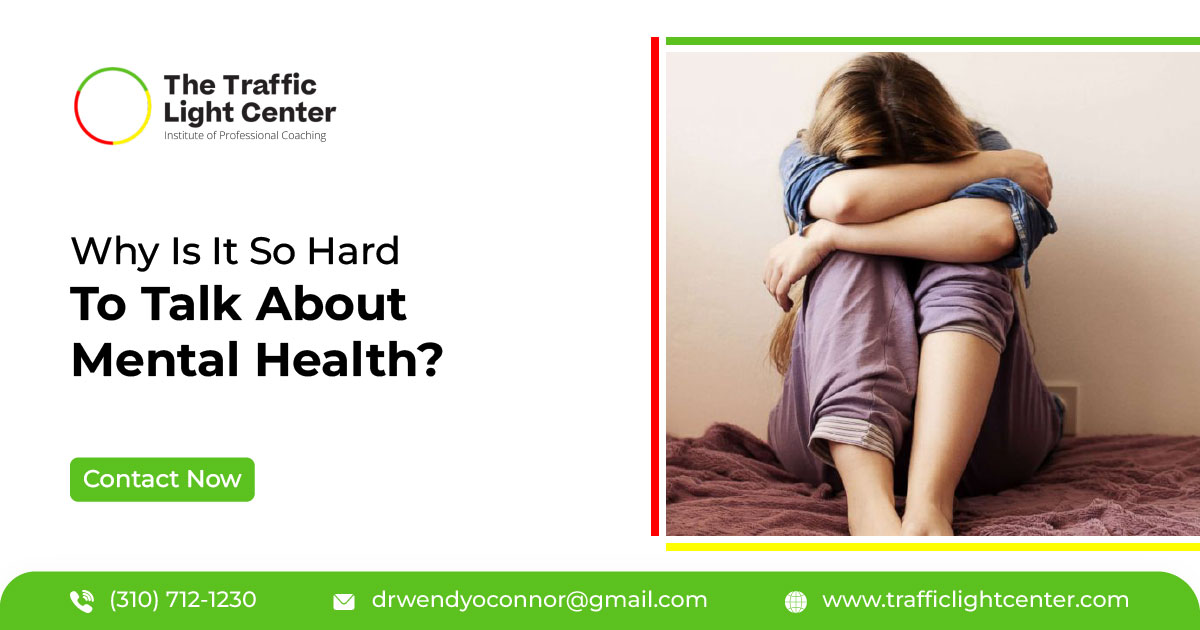How to Handle Anxiety Attacks

People with Anxiety may become accustomed to feelings of fear and anxiety. However, panic attacks can cause extreme anxiety and panic. In such situations, psychotherapy is the recommended treatment. Nonetheless, there are ways to learn how to manage and overcome anxiety attacks on your own. Our advice for managing and calming anxiety attacks is provided here, but it is important to note that none of these methods should replace psychotherapeutic treatment.
Practice A Mindfulness Exercise.
During an anxiety attack, it is difficult to control our thoughts. Mindfulness allows you to voluntarily focus on something very specific in order to allow you to return to the present. This technique consists of paying attention to the direct environment, that is to say, the place where you are. Then try to name and describe each object you see around you (it could be a vase, a table, a plant, an armchair, etc.). The idea is to calm your mind, increase your relaxation and ground yourself in the environment around you.
Stimulate Acupressure Points
You can by yourself activate two specific acupressure points that allow you to relieve stress. The first is located in your right hand, at the extension of the little finger, at the base of your wrist, between the bone and the tendon.
The second point is between the index finger and the thumb. To activate it, you have to pinch the flesh located in this area quite firmly for a few minutes.
Self-Hypnosis
Self-hypnosis is a very effective technique and is increasingly used by health professionals to manage anxiety attacks. This technique consists of closing your eyes as soon as you feel the onset of a crisis and trying to imagine yourself in a place that you really appreciate. It can be a garden, a beach, or a chalet in the mountains.
Then, try to describe what you are feeling:
- The sun on your skin
- The soft sand under your feet
- The caress of the wind on your cheek
This will help calm your mind and reduce the signs and physical symptoms of the anxiety attack.
Stimulate Your Thymus
It is also called “the point of happiness.” The thymus is located in the neck, near the sternum. This organ centralizes part of your body’s energy, and stimulating it reduces stress. You can do this by smiling broadly and tapping it for about 15 seconds.
Essential Oils
Essential oils have a soothing power that reduces blood pressure and therefore lowers the heart rate.
In case of extreme muscle tension, it is advisable to use Roman chamomile to relieve yourself by massaging the solar plexus or the wrist with a few drops of this oil. You can also put a few drops of fine lavender at night in case of a night crisis.
Tension-Relaxation Cycles
To soothe an anxiety attack, you can tense and then relax your body. This technique is very often used in Yoga. It consists of taking a deep breath, then holding your breath for 5 to 10 seconds by putting your body in tension. Do this exercise for at least 10 minutes. This will decrease your muscle tension.












